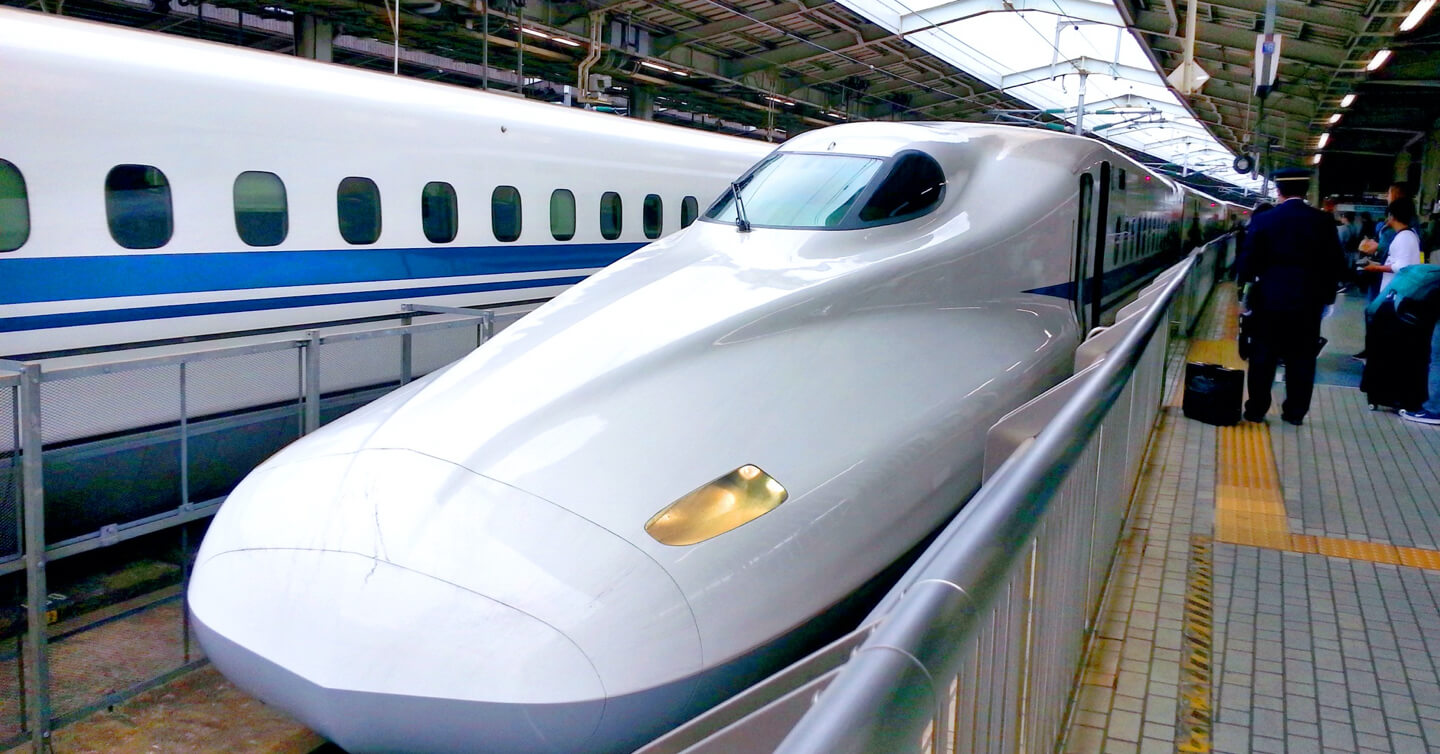Thomas Guerrero
Improving the predictive accuracy of Discrete Choice Models
Email: [email protected]
Supervisors
Project description
Endogeneity is a correlation between explanatory variables and the error term of an econometric model. As a result, the parameter estimates of these variables are inconsistent. It is an unavoidable problem in econometric modelling, with several causes. These include omitted attributes, measurement or specification errors, simultaneous determination and/or self-selection.
Discrete Choice Models (DCM) are fundamental in transport planning and policy formulation. Mode choice is the third stage of the classic transport model. It is typically modelled using DCM. These models are very much susceptible to endogeneity problems.
Endogenity problems have several causes. These include omitted attributes, measurement or specification errors, simultaneous determination and/or self-selection. All these causes are very common in transport modelling. If we don’t correct the DCM for the effect of endogeneity, estimates will be biased. This can produce unreliable forecasts and conclusion. So, if we base our analysis endogenous mode choice models, it may lead to wrong decision making.
Several methods are able to correct the problem of endogeneity in econometric models. But models that correct for endogeneity using these methods are scarce in the transport field. Still, there are some methods to correct endogeneity in DCMs.
In this research project, we will provide evidence to contribute to state of the art and correct this anomaly. We will develop three important goals:
- how to identify a valid correction for endogeneity (ie a strong instrument)
- how to validate the instrument
- the impact of endogenous modal choice models in urban transport modelling
Publications
- Guerrero-Barbosa TE, Amaris-Castro GE. Application of Bayesian techniques for the identification of accident-prone road sections. In: Dyna (Medellin, Colombia) 2014, 81(187), 209-214.
- Orozco-Fontalvo MJ, Arevalo A, Guerrero-Barbosa T, Gutierrez M. Bicycle choice modeling: A study of university trips in a small Colombian city. In: Journal of Transport & Health 2018. 9: 264-274.
Interests
- endogeneity
- discrete choice models
- modelling transport
- accident models
